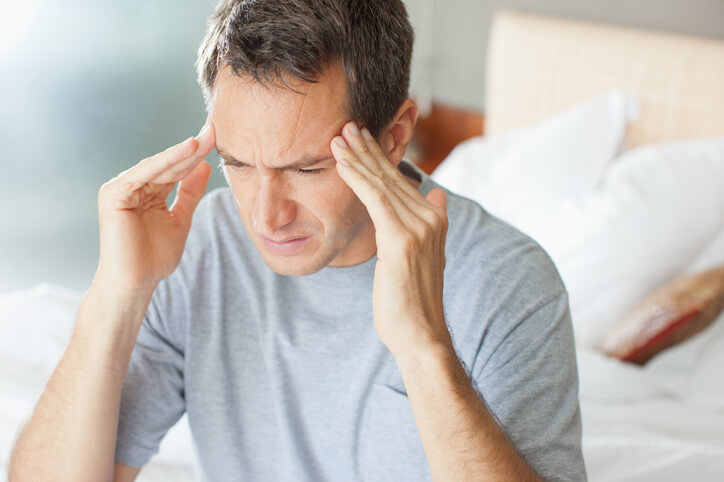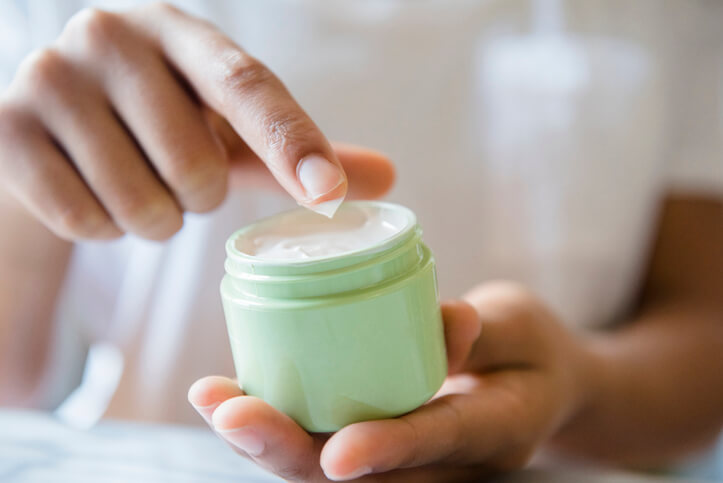Tips to Head Off Migraine Pain

Once a migraine headache starts, it can be difficult to think about anything else. Thankfully, there are some ways to ease the pain.
6 Tips for Migraine Relief:
- Choose an over-the-counter (OTC) medication. If you’re not taking a prescription medication for migraines, try an OTC pain reliever. OTC pain relievers control the pain for many, even if they do not totally alleviate it. Look for pain relievers such as acetaminophen, aspirin, ibuprofen, and naproxen.
- Lower the lights. Bright lights and noise may increase the pain of a migraine. Lie down in a dark, quiet room with your eyes closed. Sleep if you can.
- Try temperature treatment. Place a cold compress or ice pack on your head or neck. Migraines are caused by the dilation of blood vessels and the coldness will constrict them. You can also try putting a hot pack or heating pad on your neck and shoulders to relax tense muscles.
- Massage painful areas. Apply gentle pressure to your scalp or temples. Ask a loved one to massage your neck and shoulders. Use your thumb and index finger to squeeze the fleshy pad of skin between the thumb and index finger of your opposite hand. As simple as it sounds, many people have actually gotten results from this pain relief technique.
- Consider caffeine. In most cases, if you drink caffeine (coffee, soda, etc.) it may help relieve migraine pain. Caffeine can also enhance the pain-reducing effects of OTC pain relievers. However, drink caffeine in moderation. Drinking too much caffeine too often can lead to withdrawal headaches later on.
- Ask your doctor about alternative treatments. In addition to discussing prescription medications, talk to your doctor about treatments such as biofeedback, acupuncture or relaxation therapy. Some nutritional therapies and herbal supplements may also help. Studies have shown that magnesium or vitamin B2 can benefit migraine sufferers. And some evidence shows that Botox injections can also help people with chronic daily migraines.
Migraine Statistics: While migraines most often occur in adults between the ages of 25 and 55 they may be hereditary. About 90% of migraine sufferers have a family history. Learn more about headaches and our neurology service line.



